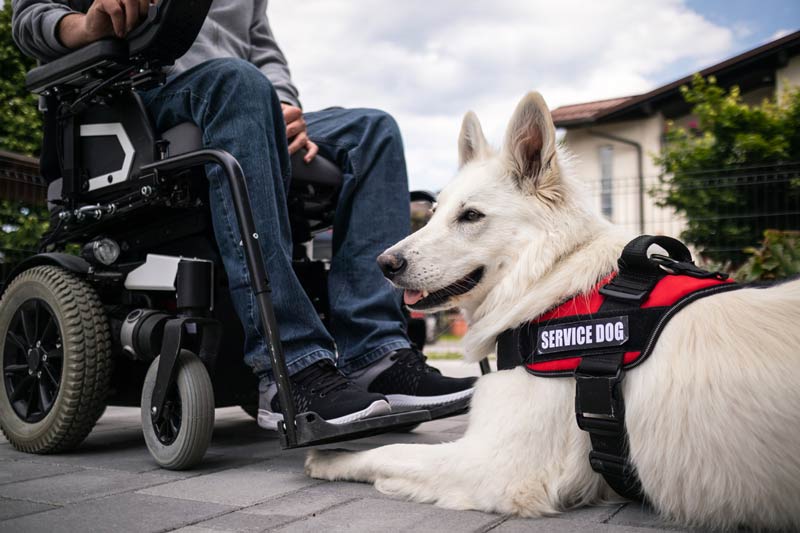
War wounds don’t always bleed—at least not in the same red mess. Sometimes, a wound sits in silence; it festers and can overcome a soldier in an invisible chain reaction. And because it’s not as obvious as a leg ready to go under a surgical saw, it’s subtle, unseeable and shielding.
It’s the mind, and it’s suffering all the same.
The American Civil War’s industrial overtones made conflict more violent than ever before, and without the soft pillow of painkillers, soldiers were left to bear the pain of surgery sober. But thanks to one German scientist’s discovery 60 years earlier, there was a solution: morphine.
Troops of the time would enter medical tents to trade gangrene for addiction, one disease for another. This unfortunate side effect from rudimentary medical treatment soon came with a code word—“the soldier’s disease.”
Today, soldiers are still dealing with the same basic issue, but the drugs have changed. Fortunately, a new treatment option is showing promising results in early trials.
According to one 2013 study, for instance, the prevalence of diagnosed opioid abuse is about seven times higher in the U.S. Veterans Health Administration than commercial health programs, placing a significant financial strain on social services. It’s likely there’s a similar discrepancy in Canada. Regardless, Canadian Armed Forces members and veterans are no less likely to be impacted by the nation-wide opioid crisis than the general public.
Despite this connection, there are relatively limited research-based treatment options that tackle COEXISTING PTSD and substance abuse challenges.
Indeed, when Kelly Russell retired from the CAF, the military’s treatment plan included opioids and 52 other medications. “I was a walking pharmacy,” said Russell, who had served for 32 years and was awarded the Order of Military Merit. When Russell was released, she was left to deal with her post-traumatic stress disorder and a traumatic brain injury and concussion syndrome, along with other injuries.
“Every single veteran in our wee family have either been on opioids, heavy use of alcohol and some cocaine,” said Russell.
According to Veterans Affairs Canada, PTSD is the most common type of operational stress injury (OSI) among veterans today.
Darren Reid, vice-president of The Royal Canadian Legion’s OSI section, said mental health is a huge issue he witnesses daily.
And while awareness of PTSD has increased over the last 50 years, discrimination still exists, and veterans still delay therapy due to the stigma associated with it. With medicinal treatment now a key option, soldiers sometimes turn to the self-made therapy of unhealthy coping mechanisms.
“The biggest problem with mental health [illness],” said Reid, “is leaving it untreated.”
VAC has found that 50 per cent of male veterans with chronic PTSD and 25 per cent of their female counterparts have reported problematic alcohol and substance use. A medical literary review analyzing more than 47 years’ worth of research on opioid abuse in individuals with PTSD surmised that opioids’ popularity among veterans could be because it alleviates some of the disorder’s symptoms, such as anxiety, guilt and aggression.
Neuroscientists have even confirmed a neural link between PTSD and opioid abuse: they both affect the same parts of the brain. While PTSD decreases activity in those areas, opioids increase activity, which helps to temporarily eliminate PSTD symptoms.
Despite this connection, there are relatively limited research-based treatment options that tackle coexisting PTSD and substance abuse challenges.
That’s why researchers Colleen Anne Dell and Linzi Williamson are proposing a supplemental treatment for veterans with both disorders: service dogs.
In a 2017 survey, 88 per cent of Canadians struggling with addiction reported that animals were instrumental in their recoveries—which Dell and Williamson report as well.
In a two-year study run by Dell, veterans with both PTSD and opioid use/abuse were matched with psychiatric service dogs. The veterans reported a decrease in a host of PTSD and substance abuse symptoms, stating how they were able to stay “present and in the moment.”
And even in the wake of personal traumas, such as death or divorce, veterans showed surprising resilience when their dogs were in tow.
“My wife kicked me out, went through a divorce, almost lost my kids and my dad committed suicide. And even through all of that, I am still able to handle everything because of the dog,” one veteran reported to clinical interviewers.
Russell said her dog Spot helped her reduce her medications to 12 pills—and no opioids.
Russell, who soon became a member of Williamson’s research advisory committee, thereafter established K9RR Academy, a not-for-profit program that trains and matches veterans with service dogs.
“K9RR pays for food, shots and fixing of all dogs for the first year, there is no cost to the veteran,” she said.
“The bond, it’s huge between animal and person,” said Reid. “It’s just love and affection.”
While studies on service dogs as an additional treatment option for veterans with PTSD and addiction challenges are still new and not without their limitations, researchers and veterans alike have great hope for what these “battle buddies” can offer.
“Well, we are truly a team,” one veteran reported. “I couldn’t imagine life without [my dog], I really couldn’t.”
Advertisement





















